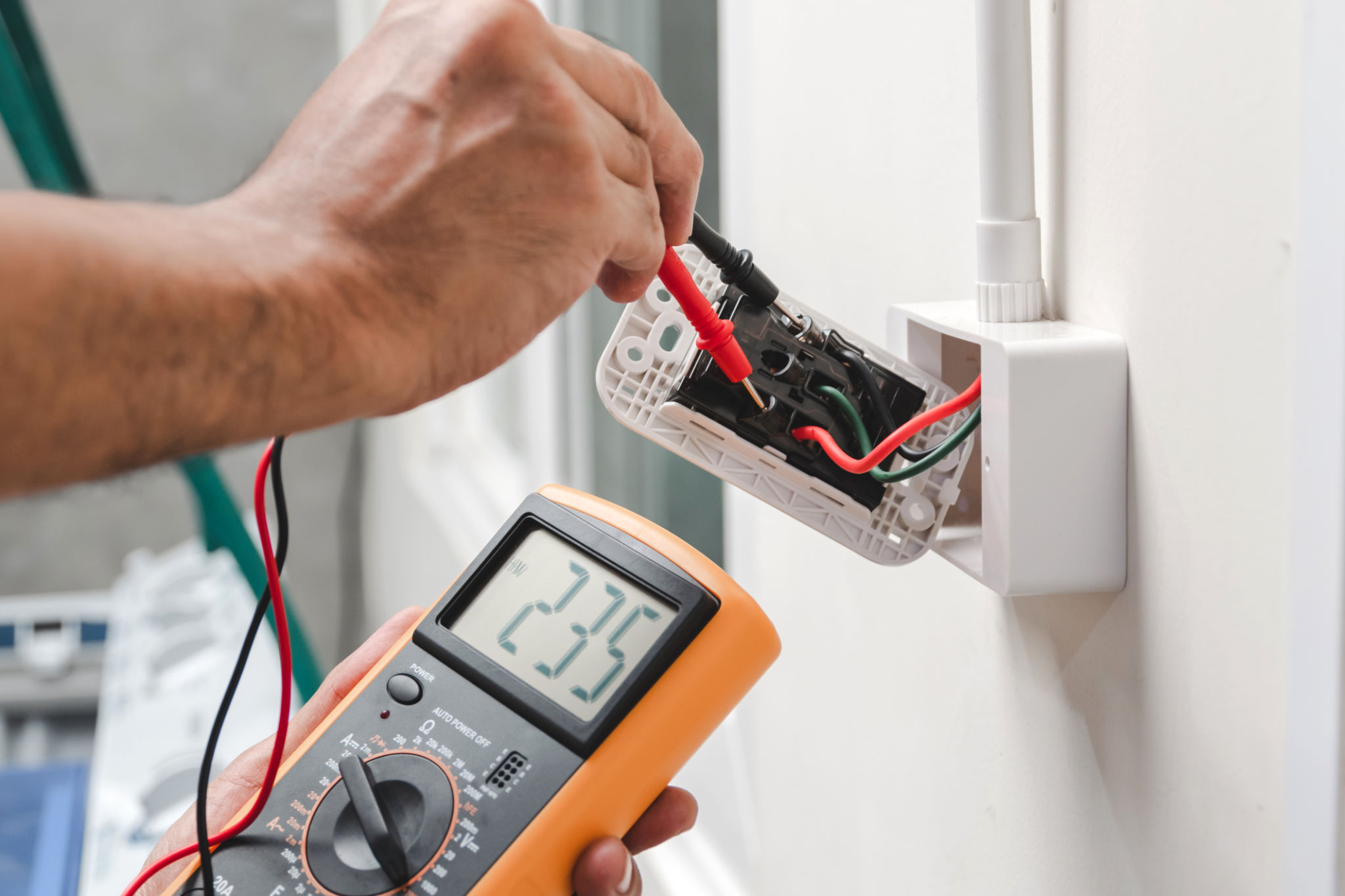The Importance of Regular Maintenance in Preventing Power Outages
fp
Understanding the Role of Regular Maintenance
In today's modern world, electricity is the backbone of our daily life, powering everything from essential home appliances to large industrial machines. However, the smooth operation of these electric-powered systems heavily depends on the stability and reliability of the power supply. This is where regular maintenance steps in as a critical practice to prevent power outages.
Regular maintenance involves routine inspections and repairs of electrical infrastructure to ensure that everything functions optimally. This proactive approach is crucial because it helps identify potential issues before they transform into significant problems that can cause power failures.

The Consequences of Power Outages
Power outages can have severe repercussions, affecting residential, commercial, and industrial sectors alike. For households, a sudden loss of power can lead to food spoilage, inconvenience, and even safety hazards. Businesses face downtime, loss of productivity, and potentially compromised data security. In industrial settings, unexpected outages can halt production lines, causing substantial financial losses.
Given these stakes, investing in regular maintenance becomes not just an option but a necessity. It is a cost-effective strategy that helps in averting the high costs associated with emergency repairs and the economic losses due to prolonged downtime.
Key Components of a Maintenance Plan
An effective maintenance plan involves several essential components aimed at ensuring the reliability of the power supply. These include:
- Routine Inspections: Conducting regular inspections helps in identifying wear and tear or any potential threats to the electrical system.
- Timely Repairs: Addressing issues promptly can prevent minor problems from escalating into major outages.
- Component Upgrades: Upgrading outdated components enhances system efficiency and reduces the risk of failure.

The Benefits for Businesses
For businesses, regular maintenance offers a competitive edge by ensuring uninterrupted operations. It enhances customer satisfaction by providing consistent service delivery while also safeguarding sensitive electronic equipment from damage due to sudden power surges or failures.
Moreover, a well-maintained power system contributes to the sustainability goals of a company by optimizing energy use, reducing waste, and minimizing the carbon footprint associated with inefficient energy consumption.
Residential Safety and Comfort
In a residential context, regular maintenance ensures safety by preventing electrical hazards such as fires or electrocution risks. It also enhances comfort by guaranteeing that heating, cooling, and lighting systems operate effectively, maintaining the desired home environment regardless of external conditions.

Long-Term Cost Savings
While there is an upfront cost associated with regular maintenance, the long-term savings are substantial. By preventing unexpected outages and the subsequent need for costly emergency repairs, households and businesses can save significant amounts of money over time.
The investment in maintenance also extends the lifespan of electrical equipment, reducing the need for frequent replacements and ensuring more stable power delivery.
Conclusion
In conclusion, regular maintenance plays a pivotal role in preventing power outages and ensuring the reliable delivery of electricity across various sectors. By understanding the importance of routine inspections, timely repairs, and component upgrades, both consumers and businesses can protect themselves from the adverse effects of power failures.
Ultimately, adopting a proactive approach to electrical maintenance not only enhances safety and reliability but also contributes to long-term financial savings and sustainability goals.